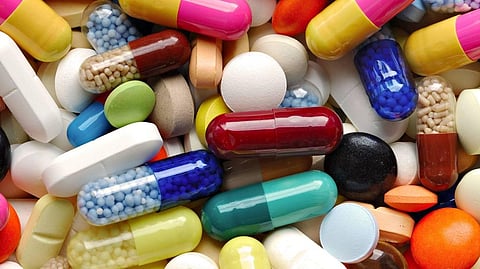"In the absence of a pan-African pharma regulatory body, they also need to invest in local partnerships to understand varying regulatory environments. Partnerships with governments are equally important, whether they involve working with medical opinion leaders to guide research priorities and secure funding, or collaborating with health ministries and non-governmental organizations to provide public-awareness campaigns, health screening, treatment, equipment, and training for hospitals and clinics," the report added.(Francis Kokutse, IANS)


